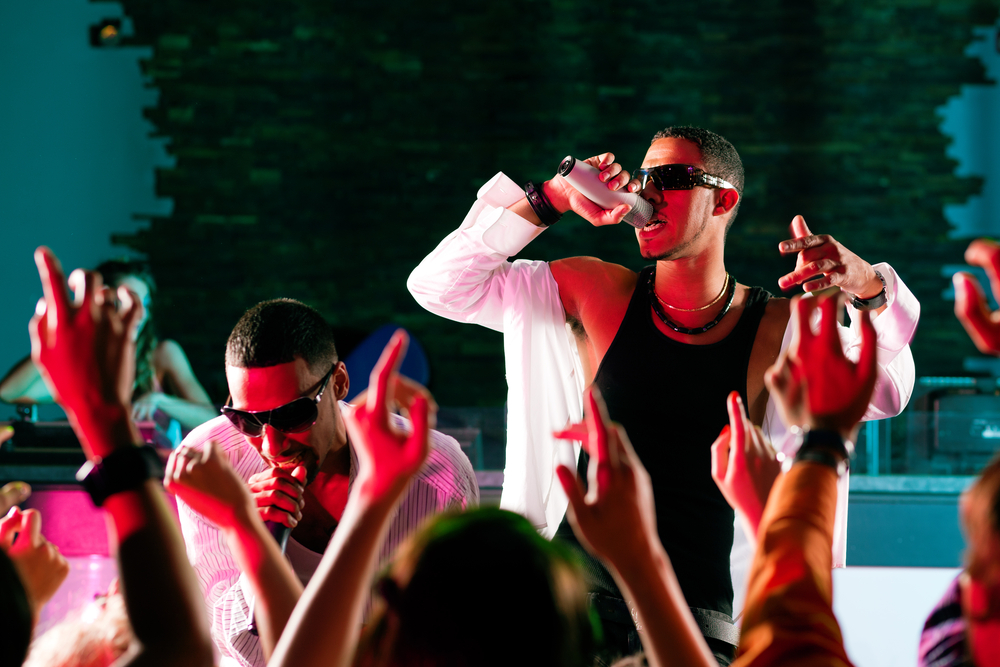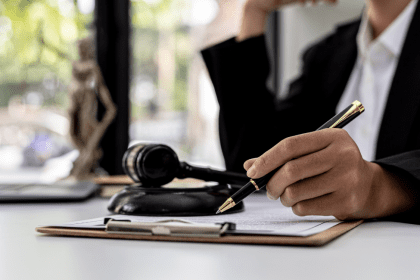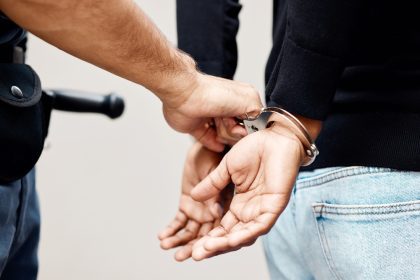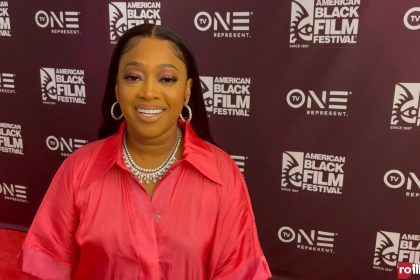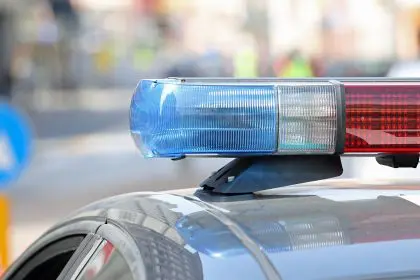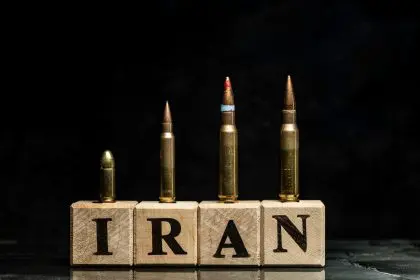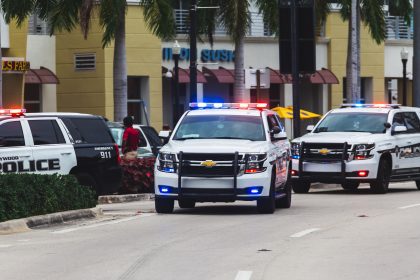Hip-hop, a genre born from the struggles and realities of inner-city communities, has long been a powerful platform for social commentary. Its raw lyricism, often depicting violence, drug dealing, and gang affiliation, provides a window into these experiences. However, this artistic expression is increasingly on trial, with rappers‘ lyrics used as evidence in criminal cases. This raises a critical question: where does artistic license end and criminal confession begin?
From Boomboxes to Courtrooms: The Rise of Rap on Trial
The use of rap lyrics as evidence is a relatively new phenomenon. One of the earliest high-profile cases involved rapper Luther Campbell of 2 Live Crew in the late 1980s. The group’s music, deemed obscene by some, sparked a landmark free speech case that ultimately protected the artistic expression of rap music. However, the precedent for using lyrics as evidence in criminal cases continued to develop.
Prosecutors argue that lyrics can offer a unique glimpse into an artist’s mindset and potential criminal activity. They point to lyrics that detail specific crimes, locations, or gang affiliations as potential admissions of guilt. In some cases, music videos with elaborate crime scenes or gang symbols are presented as further evidence. For instance, prosecutors in the RICO case against rapper Tay-K Dawkins used his song “The Race” – which mentions fleeing from police – to bolster their case.
Blurred Lines: When Storytelling Becomes Criminal Evidence
Rapper advocates and free speech defenders argue that lyrics are a form of storytelling, not literal confessions. Rappers often play characters, adopt personas, and use artistic license to create vivid narratives. They point out that lyrics written years ago, perhaps reflecting the struggles of a young artist, may not reflect their current reality. Furthermore, critics highlight the potential for racial bias. Hip hop, a genre with strong roots in African American and Latino communities, often portrays the realities of struggle and violence faced in these communities. Using lyrics to criminalize these artists unfairly targets a specific demographic and stifles artistic expression. Imagine if Charles Dickens’ poverty portrayal in Oliver Twist was used as evidence against him.
The Fight for Mic Check: Legal Battles and Legislative Efforts
The use of rap lyrics in court has sparked numerous legal battles. Defense attorneys argue for the protection of artistic expression under the First Amendment. Several states have passed or are considering “Rap on Trial” or “Mic Check” laws that limit the use of creative expression as evidence. These laws aim to establish a higher bar for admitting lyrics as evidence, requiring a clear connection to the crime and consideration of the artistic nature of the work. For example, the New Jersey Rap on Trial bill requires prosecutors to demonstrate that lyrics are intended to be literal rather than figurative.
A Chilling Effect: How Courtroom Battles Impact Hip-Hop Culture
The use of lyrics as evidence has a chilling effect on hip-hop culture. Rappers may be forced to self-censor, fearing their music will be used against them in court. This could stifle creativity and lead to a homogenization of hip-hop content. Imagine a world where F. Scott Fitzgerald couldn’t explore themes of wealth and crime in The Great Gatsby for fear of legal repercussions. Additionally, young artists from these communities may be discouraged from entering the genre altogether, fearing legal repercussions for their artistic expression. This stifles not only artistic freedom but also the ability of hip-hop to serve as a powerful voice for these communities.
Finding Common Ground: Protecting Public Safety and Artistic Freedom
There is no easy answer to the issue of rap lyrics in court. Striking a balance between protecting public safety and artistic freedom is crucial. Here are some potential solutions:
- Clearer guidelines: Develop clearer guidelines for how lyrics can be used as evidence, emphasizing context and artistic merit. This could require judges to consider factors like the genre’s conventions, the use of metaphor and hyperbole, and the time period in which the lyrics were written.
- Education for Judges and Juries: Increased education for judges and juries on interpreting creative expression. This could help them differentiate between artistic storytelling and literal confessions.
- Focus on Intent: Shift the focus from the lyrics’ content to the intent behind them. Are the lyrics meant to comment on social issues, or do they genuinely reflect a criminal mindset?
Conclusion
The use of rap lyrics in court is a complex issue with no simple solutions. It raises important questions about free speech, artistic expression, and potential racial bias in the legal system. Finding a way to protect public safety while safeguarding artistic freedom is essential to ensure that hip-hop can continue to be a powerful voice for storytelling, social commentary, and the experiences of often marginalized communities. Without this freedom, the genre risks losing its authenticity and becoming a pale
This story was created using AI technology.

